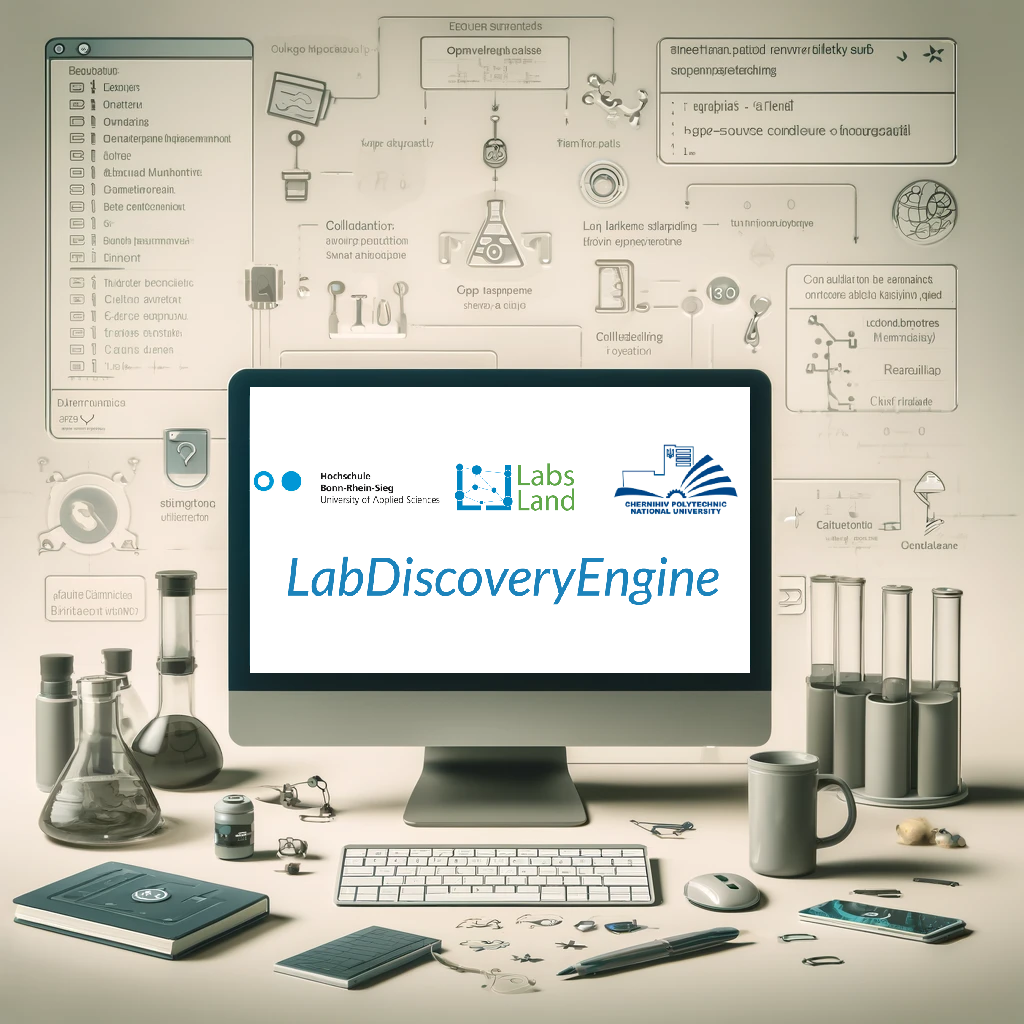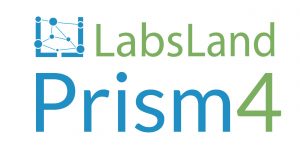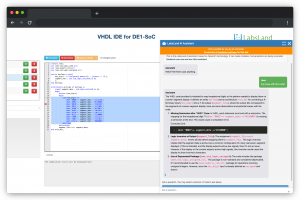The LabDiscoveryEngine toolset
LabDiscoveryEngine provides institutions and companies with the means to remotize their laboratories and equipment and create their own educational remote laboratories. The LabDiscoveryEngine builds upon WebLab-Deusto, which for over a decade has simplified remote lab management, creation and integration. It provides two main components: the LabDiscoveryEngine Remote Lab Management System (RLMS), enabling institutions to host and manage their remote labs; and the LabDiscoveryLib, providing a framework for developers to more easily remotize equipment and build remote lab UIs.
The Journey
For over a decade, the WebLab-Deusto Remote Laboratory Management System, developed at the WebLab-Deusto research group at the University of Deusto led by Prof. Javier García-Zubia, and open source since January 2010, provided an effective toolset for institutions to build their remote labs. Throughout these years, however, new approaches and advancements have appeared in the field of remote labs. Many of them have been due to advancements in software and hardware technologies. From a software perspective, the rise of modern browser and web technologies and frameworks has significantly changed the landscape; and from a hardware perspective, the appearance of accessible and affordable hardware that can be used for remotization and measurement, such as Raspberry Pis, oscilloscopes, etc.
LabDiscoveryEngine has been created as an improvement over WebLab-Deusto for the current environment. Using the knowledge that we have accumulated throughout the years and seeking to leverage all the modern technological and scientific advancements, it seeks to become the best ally for those wishing to host and create modern and powerful remote labs.
The LabDiscoveryEngine RLMS
The LabDiscoveryEngine, akin to a web applications platform, functions as a Remote Laboratory Management System (RLMS), facilitating the setup of multiple remote labs by educational institutions. It integrates essential features such as lab and user management, emphasizing privacy and easy access to labs.
Crafted with Python and the Flask micro-framework, LabDiscoveryEngine showcases a sleek, adaptable, yet straightforward design, inspired by the foundational WebLab-Deusto system but reimagined for today’s needs. Designed for easy deployment, it enables institutions to directly utilize the system for their remote lab requirements.
For more details, its GitHub repository and comprehensive documentation are accessible online, providing a wealth of information for interested users.
The LabDiscoveryLib framework
LabDiscoveryLib is an Open Source framework aimed at aiding developers in building remote laboratories. It is based on WebLabLib but updated for LabDiscoveryEngine. It maintains API compatibility, easing the transition for those accustomed to its predecessor and simplifying the adaptation of existing labs. This framework acts as a cornerstone for lab creation, ensuring seamless integration with the LabDiscoveryEngine. Labs crafted using LabDiscoveryLib can be effortlessly hosted and managed within LabDiscoveryEngine environments.
For further details, the framework’s primary repository is available on GitHub.
What Sets LabDiscoveryEngine apart
LabDiscoveryEngine seeks to empower lab management and creation, by offering:
- A refined, modern architecture that simplifies both setup and maintenance.
- Flexibility to function without a traditional database (though it’s optional), streamlining access and efficiency.
- A user-friendly configuration process designed for today’s fast-paced educational environments.
- Dependable scalability and reliability features, ensuring labs are always accessible.
- Integration with LabsLand, connecting users to an expansive network of remote laboratories.
A Next-Generation Internet project
The LabDiscoveryEngine project’s consortium is formed by three partners: LabsLand, H-BRS (Germany) and CPNU (Ukraine). The project was selected for funding by the NGI Search cascade funding project, which is an European initiative that seeks to develop digital innovation in the domain of searching and discovering data and resources on the internet. It is part of the Next Generation Internet (NGI) ecosystem.
Acknowledgement
Funded by the European Union. Views and opinions expressed are however those of the author(s) only and do not necessarily reflect those of the European Union or European Commission. Neither the European Union nor the granting authority can be held responsible for them. Funded within the framework of the NGI Search project under grant agreement No 101069364.




